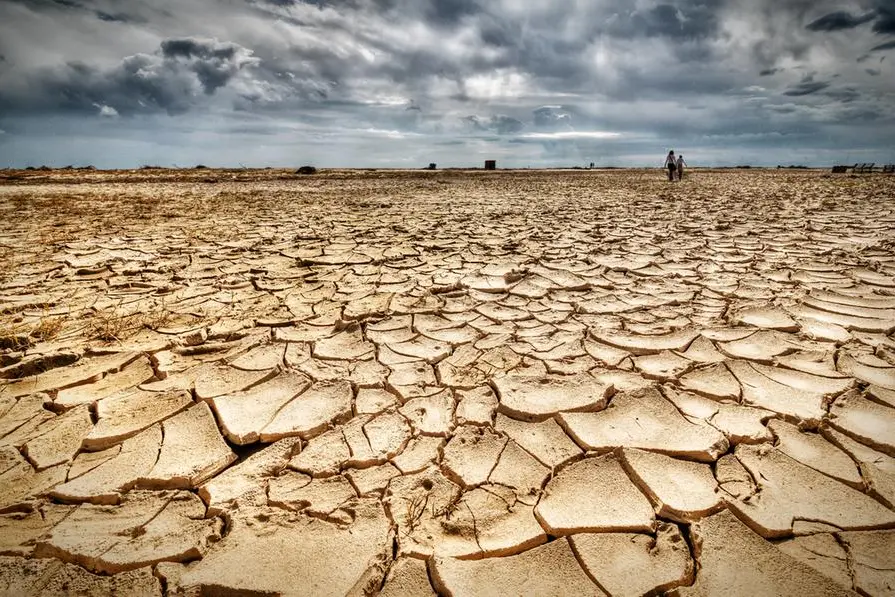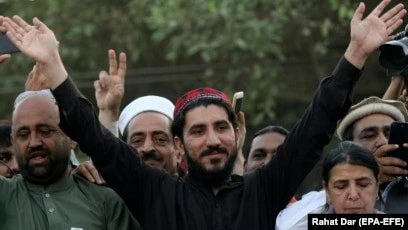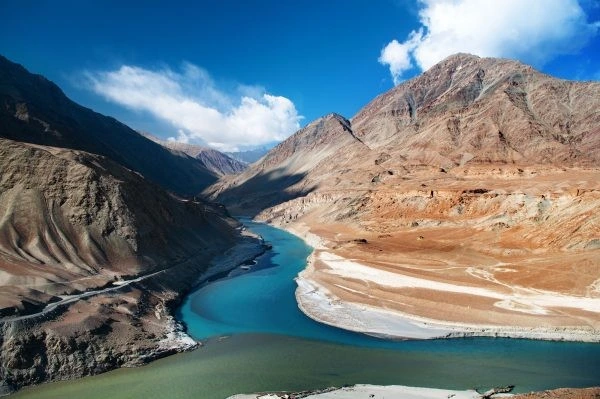Harvesting Peace from a Withered Earth

In the Middle East and North Africa (MENA) region, the convergence of climate change, environmental degradation, and prolonged conflicts has created a landscape of compounded crises. Across countries like Iraq, Jordan, Libya, Palestine, Sudan, Syria, and Yemen, communities are confronting the reality that environmental issues are no longer distant concerns. They are deeply rooted in everyday life, directly impacting livelihoods, social cohesion, and even peace.
In Iraq’s Nineveh province, for example, the stress induced by shifting weather patterns and dwindling water resources has intensified existing vulnerabilities. Local populations are not only witnessing the decline in agricultural productivity but are also facing rising tensions as competition over resources grows. The stakes are similar in Jordan, where water scarcity remains a persistent challenge. There, various community level initiatives are experimenting with inclusive water management practices that prioritize local involvement and knowledge. These efforts aim to ensure that decisions about resource allocation reflect the needs of those most affected.
Meanwhile, in Libya, the approach to environmental disasters has largely centered on security measures. This has often sidelined meaningful community participation, and in many instances, it has led to the implementation of policies disconnected from local realities. Rather than mitigating conflict, such strategies can deepen mistrust between the state and its citizens. On the other hand, in Palestine’s Gaza Strip, environmental degradation, especially in agriculture, has disrupted livelihoods so significantly that communities are turning to collective land management practices. These practices not only address resource scarcity but also foster a sense of agency and resilience among residents.
Sudan provides a notable example of what more inclusive environmental governance can achieve. Involving communities in decision-making processes about land use and conservation has helped to build trust in governance structures, reduce the potential for conflict, and improve ecological outcomes. In Syria, where conflict has devastated the agricultural sector, a shift toward participatory rebuilding is increasingly seen as essential. Engaging farmers and rural populations in shaping recovery plans can restore productivity and social cohesion in regions shattered by war.
Yemen stands out for its grassroots efforts in the face of a deeply fractured state. Local water user associations have emerged to manage water resources sustainably in the absence of effective central governance. These associations serve as vital platforms where communities can mediate disputes, plan usage, and ensure more equitable access to critical resources. Their work illustrates that even in fragile environments, local action can drive meaningful progress.
Throughout the region, it is becoming clear that top-down approaches, often marked by technocratic or militarized solutions, fall short in addressing the real needs of communities. Inclusive strategies that involve those directly impacted by environmental decisions offer a better chance of crafting durable and adaptive responses. When people are engaged from the outset, policies are more likely to reflect ground realities, align with cultural and social norms, and garner lasting public support.
Yet, embracing participatory approaches is far from straightforward. Political instability, the legacy of authoritarian governance, and widespread inequality often inhibit open civic engagement. In places where trust in public institutions is weak or nonexistent, fostering collaboration between authorities and communities takes time and careful navigation. Moreover, inclusive participation is not just about inviting people to meetings; it demands institutional support, transparency, and accountability mechanisms that ensure all voices, especially those of marginalized groups, are heard and valued.
Despite the obstacles, the efforts taking root across MENA underscore a profound shift in how environmental challenges are being addressed. Rather than treating communities as passive recipients of aid or policy, these approaches recognize them as active agents of change. Whether it is farmers in Syria seeking to restore devastated lands, women in Jordan advocating for sustainable water policies, or youth in Gaza organizing green initiatives, local actors are stepping into leadership roles that were previously denied or overlooked.
The transformation underway is not merely technical; it is deeply political. It requires reimagining the relationship between state institutions and citizens, and reshaping how power, resources, and responsibilities are shared. While the journey is uneven and filled with setbacks, the growing body of experience suggests that solutions born from within communities, grounded in lived experience and collective wisdom, stand a greater chance of success than those imposed from above.
This ongoing shift towards participatory environmental governance in the MENA region offers a hopeful vision amid the chaos. It reveals that even in the most fragile contexts, change is possible when people are given the tools, the voice, and the opportunity to shape the future of their environments, and, by extension, their lives.











